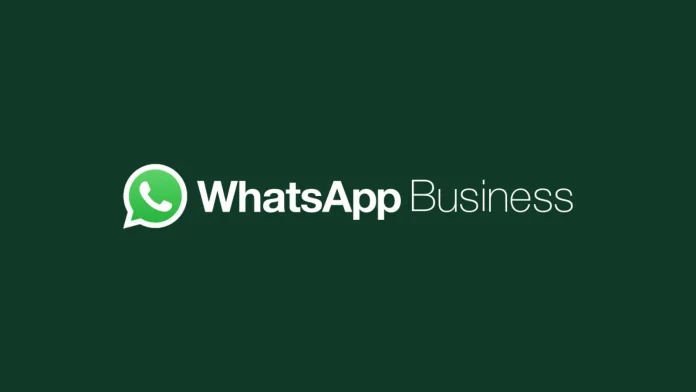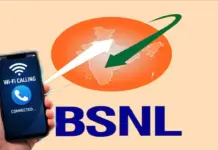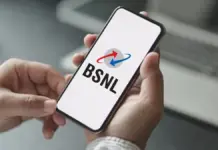Meta-owned WhatsApp is going to make a big change in the pricing policy of its business platform. The company will charge all business accounts on a per-message basis from July 1, 2025, which was till now applicable on a per-conversation basis.
Meta describes the change as a step towards bringing it in line with “messaging industry standards” and making pricing more transparent.
There will be more flexibility in client interaction
Under the new rules, if a business account replies to a user’s message and the reply is sent as a utility template, then no charges will be levied on that message. This facility will be applicable only if the message is sent within the customer service window.
The utility template refers to messages that are related to a transaction, order or service update with the customer. These are informational, not promotional. On the other hand, the customer service window tells how long the conversation between the business account and the customer will be considered a ‘service interaction’. During this time, some messages are not charged or get discounts.
Role of category and time in pricing
As per the new system that will come into effect from July 1, WhatsApp will now charge for every delivered message. This charge will apply to three categories of messages:
- Marketing Template
- Utility Template
- Authentication Template
If these messages are sent outside the customer service window, then separate charges will be levied for each. However, utility messages sent within the window will be free.
Volume-based rating system will also be implemented
WhatsApp has also announced that it will now introduce a volume tiering system. This means that business accounts that send a higher number of messages on WhatsApp’s platform will get messaging at lower rates. This change will encourage companies to expand their reach through WhatsApp.
How will business account charges be decided?
WhatsApp will charge for each message when it is delivered. Charges will be based on two factors:
- The country code of the receiver’s phone number, i.e. which country he is in.
- What the category of the message is, such as marketing, utility, or authentication.
What will be the impact on business accounts?
Due to this change, business accounts that have been using WhatsApp as a low-cost communication tool will have to reconsider their strategy. Especially companies sending marketing and promotional messages will have to make new decisions in terms of both cost and frequency.















